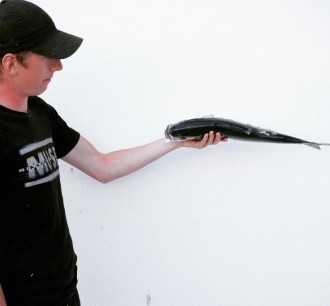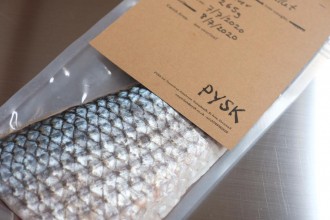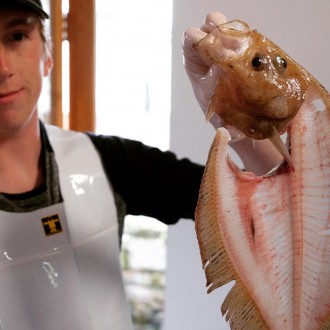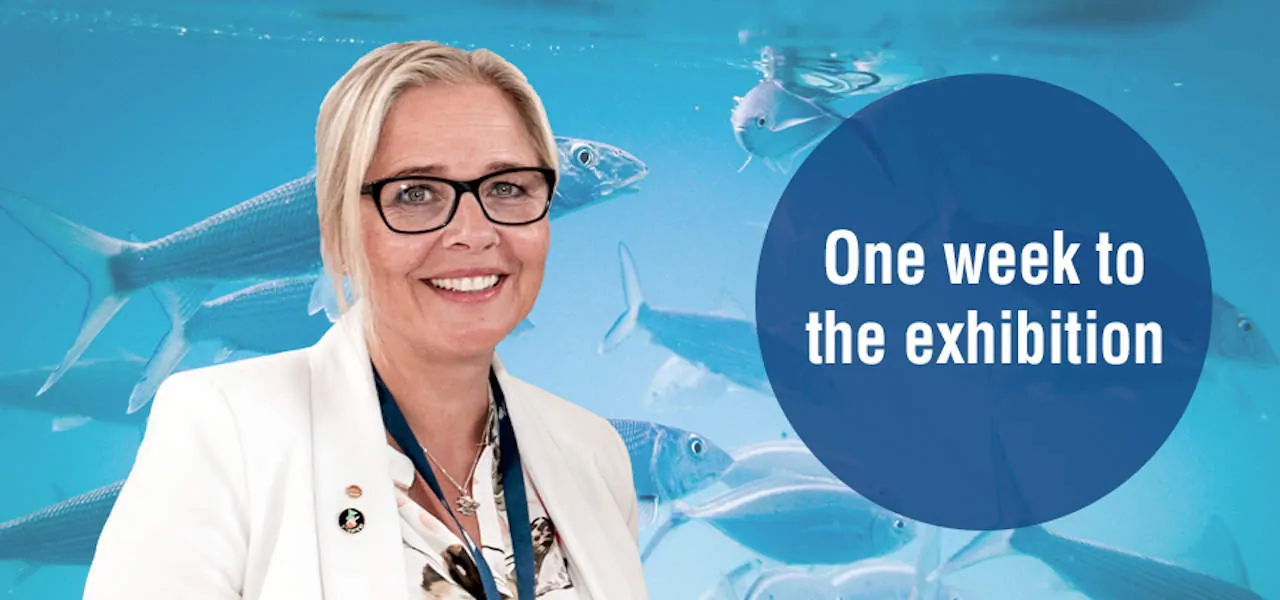Saturday sunset over Sennen...
and the northbound traffic separation scheme is on full view...
Juicy on the winch landing fish from the St Georges...
to a safe pair of hands...
brotherly love watched over by young Dennis...
lone sailor arrives in Newlyn...
as Ian and Little Graham get to grips...
with all 160 boxes of prime fish...
for Stevenson's of Newlyn...
there's even a few boxes of discards to go ashore...
the boys seem to be attracting a fair bit of attention as they land the catch...
before the ends are let go and a springer used to move the boat away from the quay...
skipper Bill Worth keeping am ever-watchful eye on Baden and the springer...
Waterdance's big crabber landing to a vivier lorry...
looks like there's anew arrangement for parking up the fleet of artics that use the harbour...
young cap'n Cod lending a hand...
to Shane landing his trip of line caught bass...
as they leave Shane's safe hands...
and swing ashore...
she's not the only boat to land as the Girl Pamela makes for the fishmarket quay...
latest port visitors include the Danish built Northern Irish boat, Unity
and the scalloper King Challenger.
















































